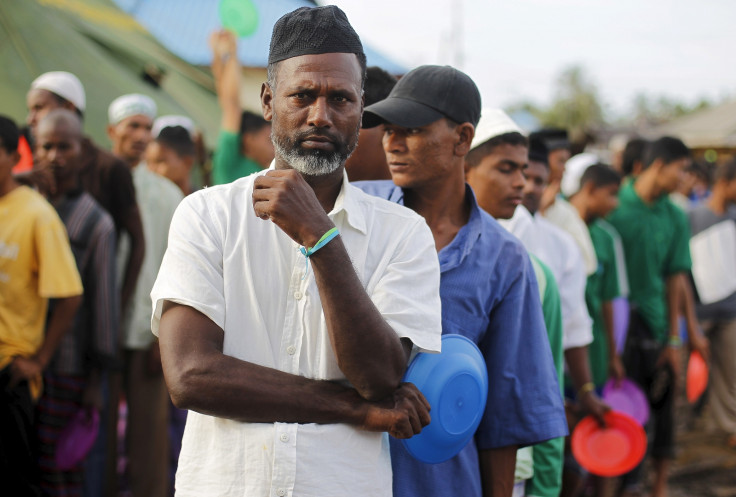Southeast Asia migrant crisis: Philippines 'obliged to accept boat people'

The Philippines says it will accept thousands of Rohingya and Bangladeshi migrants who have been abandoned by smugglers on vessels in the Andaman Sea.
Foreign affairs spokesman Charles Jose said that Manila is obliged to help the migrants because it is signatory to the 1951 UN convention on refugees.
"We have the commitment and the obligation to extend humanitarian assistance to these asylum seekers," Jose told ANC television.
Communications secretary Herminio Coloma Jr. refuted claims from a local newspaper that the country will deny entry to the Southeast Asian "boat people".
"The Philippines has extended humanitarian assistance to the 'boat people' and had even established a processing center for Vietnamese travelers in the 1970s," he said, according to the Philippine Star. "We shall continue to do our share in saving lives under existing and long-standing mechanisms pursuant to our commitments under the convention."
Nearly 3,000 migrants have been brought ashore or rescued off the coasts of Indonesia, Malaysia and Thailand. Aid workers have warned that up to 8,000 more migrants may be stranded in the Andaman Sea with nowhere to go and limited supplies of water and food.
Regional governments of Indonesia, Malaysia and Thailand have refused to engage in search-and-rescue operations, instead repulsing the boats back to sea.
Phil Robertson of Human Rights Watch Asia accused the Thai, Malaysian and Indonesian navies of "playing a three-way game of human ping pong".
The UN has warned of a "massive humanitarian crisis" looming on the Rohingya migrants because no government is willing to accept the migrants.
Aid organisations such as the UN refugee agency, the International Organization for Migration (IOM) and others have urged the leaders of Indonesia, Malaysia and Thailand "to protect migrants and refugees stranded on vessels in the Bay of Bengal and the Andaman Sea, to facilitate safe disembarkation, and to give priority to saving lives, protecting rights, and respecting human dignity".
© Copyright IBTimes 2025. All rights reserved.





















